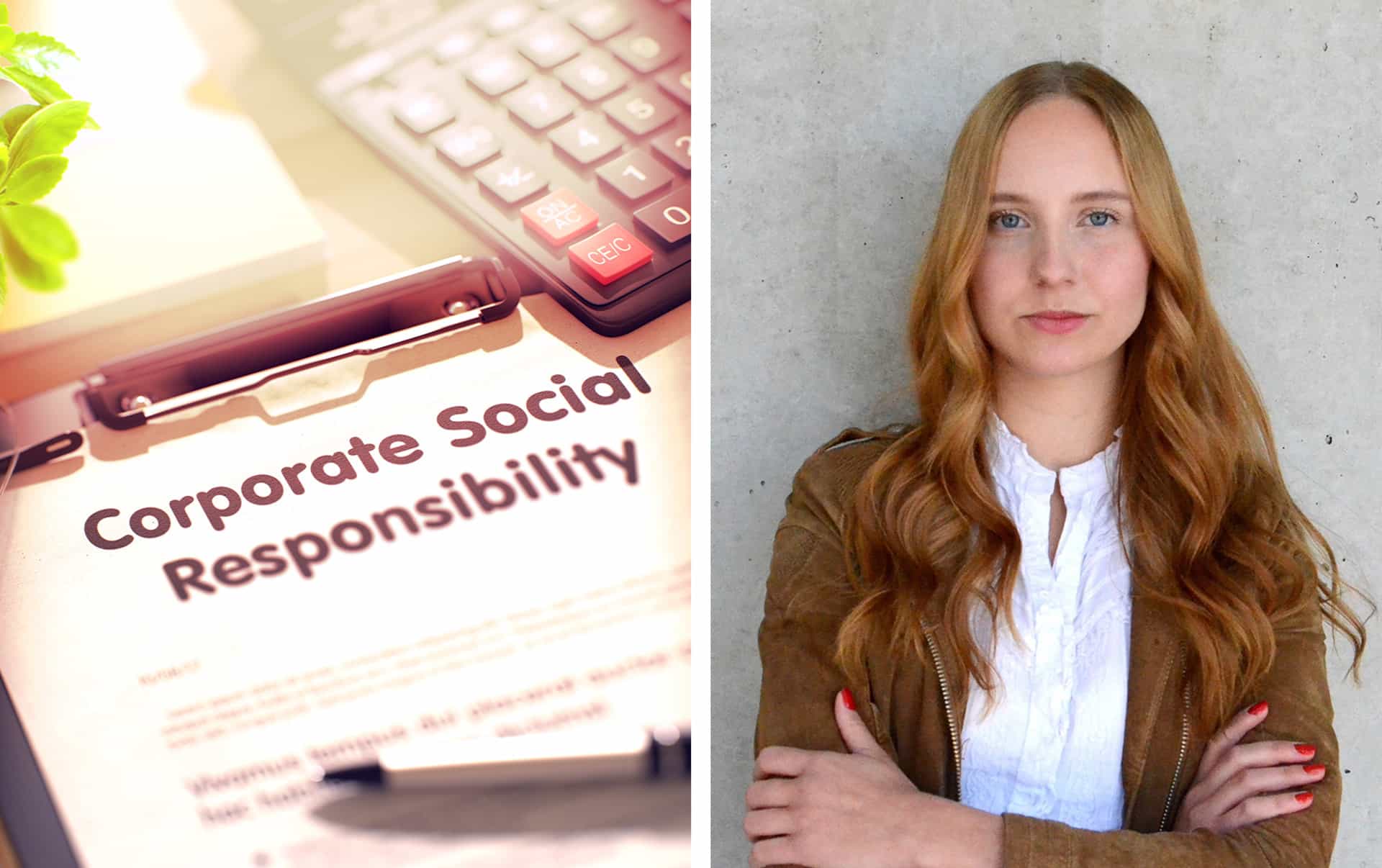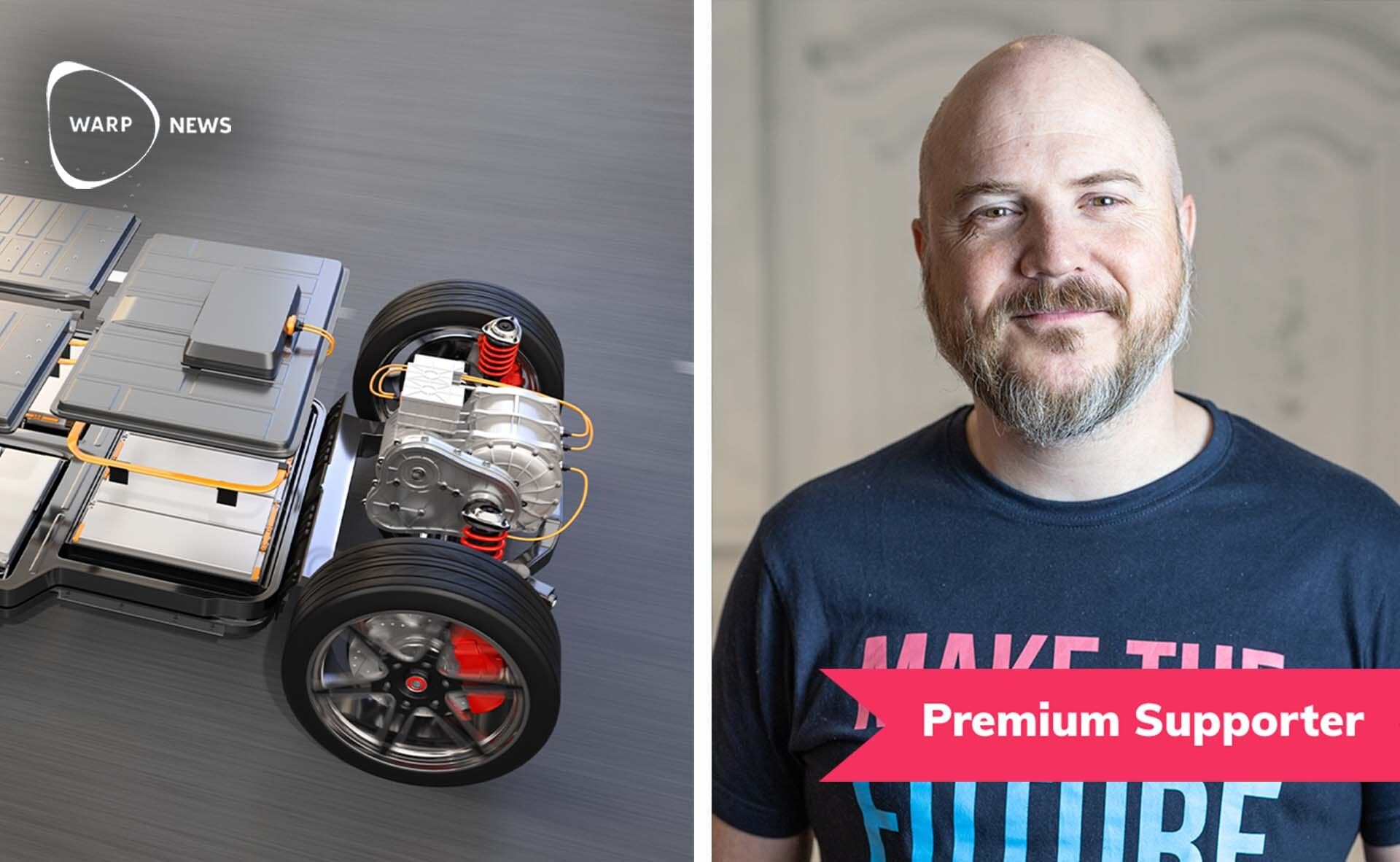
🔭 The values that guide development going forward
If man were fundamentally pessimistic, then why are so many of our daily decisions about doing good? More and more consumers are exhibiting value-driven behavior. For companies, this means that business-as-usual is no longer a profitable alternative, writes Victoria Bäck.
Share this story!
It is obvious that today we place a greater emphasis on doing the right thing for ourselves when we consume, and do not hesitate to ask the question: is this a company I want to support? This is a behavior that the market has had to adapt for. And it is no coincidence that the World Economic Forum 2020 made social entrepreneurship the burning theme of the annual meeting.
CSR, corporate social responsibility, has gone from being a matter of detail to becoming a key role in companies' raison d'être. A company today that does not formulate a policy from climate compensation to an equal workplace, will not be spared from the critical gaze of consumers.
Howard R. Bowen coined the term CSR in Social Responsibilities of the Businessman (1953) when he highlighted corporate social responsibility in society. A new view of companies as institutions rather than individual traders arose and thus the discrepancy between their power in society and the lack of philanthropic ambitions became clear.
But it was not until 1960, a time marked by social movements and increased awareness, that Bowen's discussion would lead to a public debate. The new lines of conflict became particularly clear in the criticism of the Dow Chemical Company, which sold firearms in the Vietnam War, which did not sit well with the ideas of the time about anti-pollution and pacifism.
The increased responsibility that has accrued to companies since then has meant a reassessment of the view of companies as their own island. Deloitte's Global Human Capital Trends 2020 shows that expectations increase from customers and investors that companies take responsibility for issues such as increased inequality, sustainable development and care. Issues bigger than the company itself. In addition , companies today value inclusive growth higher than shareholder value, which indicates a shift in priorities.
It is a natural development at a time when trust in companies is greater than in the state. A broad survey by Edelman shows that 64% of respondents expect the private sector to initiate change rather than wait for policy action. It also shows that one in two chooses to abstain, change or boycott a company depending on its position in societal issues.
There are many indications that this value-driven behavior is not one-way, as depicted during the 1960s and 1970s protest movements which forced companies to change. Instead, today we see an interaction between consumers and companies. It is not enough for companies to respond with reflexive marketing, but consumers' demands for transparency and credibility require a deeper rooted intention.
Colin Mayer , professor of leadership studies, believes that this change of identity that companies are going through entails a challenge that all companies will face: to formulate their purpose.
Instead of profiting from societal problems, companies should switch to producing lucrative solutions to them. It is about an ambition to create meaningful changes, from launching programs and setting goals regarding climate and health to creating new innovations that can meet the challenges we face. Mayer believes that profit in itself does not have an intrinsic value, but needs to be combined with utility to be legitimate. It's running a business in 2021.
Warp News is completely in line with this solution-oriented development, whose values around optimism and progress are both in-depth and cross-cutting throughout the business. The purpose of seeing reality for what it is, unlike the negative image that is so often shared, is about putting something right.
It is difficult not to see some loose ends tied together. The more refined our civilization becomes, the greater the demands we place on continuing to develop. It also creates the space needed to find out what is meaningful, and it is a work that is done all the way into everyday life.
By becoming a premium supporter, you help in the creation and sharing of fact-based optimistic news all over the world.


